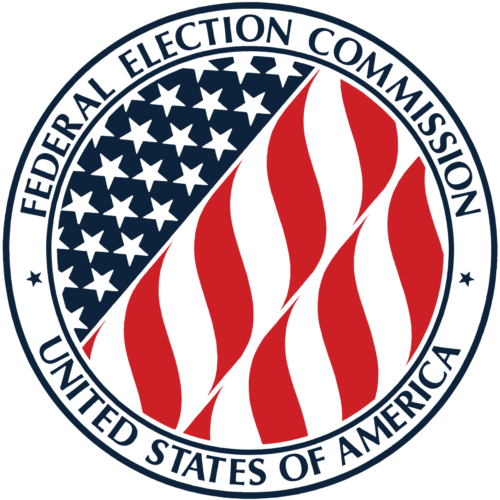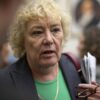Introduction
The Federal Election Commission has a new inspector general — ending a tumultuous, 28-month period that included the de facto neutering of its office charged with investigating and defending against agency waste, fraud and abuse.
Christopher Skinner will begin work as the FEC’s inspector general on Aug. 5, the FEC today announced. Skinner served as deputy inspector general for the Office of Naval Research for six years, including one year as acting inspector general. Before that, he served as assistant chief of inspections for the Naval Facilities Engineering Command.
“Chris has a strong track record of promoting institutional integrity and we look forward to his leadership and oversight,” FEC Chairwoman Ellen Weintraub, D, said in a statement.
The FEC last employed a permanent inspector general in March 2017, when longtime Inspector General Lynne McFarland retired.
It took FEC commissioners about a year to begin an earnest search for McFarland’s replacement.
Once they did, agency infighting resulted in a disgruntled human resources official canceling an inspector general job posting and, in mid-2018, derailing the search.
By late 2018, the FEC’s deputy inspector general — who a committee of the independent Council of the Inspectors General on Integrity and Efficiency found had earlier in the year “engaged in substantial misconduct” by “wrongfully” accepting a performance bonus from the FEC — resigned.
In early 2019, FEC commissioners were poised to hire a candidate, but it fell through.
In a May report to Congress, the remaining staff of the FEC’s inspector general office listed numerous tasks it couldn’t complete and responsibilities it couldn’t execute because it lacked both an inspector general and deputy inspector general. The lack of leadership has “impeded the process of sufficiently conducting investigations” and investigative leads have “fallen dormant,” they wrote.
The same month, the FEC appointed Tony Baptiste, who worked at the Commodity Futures Trading Commission, as acting inspector general on a temporary basis.
The bipartisan FEC is itself responsible for enforcing and regulating national campaign finance laws but has long been hamstrung by ideological divisions, low staff morale and other long-standing vacancies, including two of six FEC commissioner slots.
In May, FEC commissioners laid many of those divisions bare in dueling letters to Congress. The letters responded to numerous operations questions sent to the FEC from Rep. Zoe Lofgren, D-Calif., who has promised to this year conduct the first U.S. House oversight hearing on the FEC since 2011.
Read more in Money and Democracy
Money and Democracy
What second-quarter fundraising can tell us about 2020
Presidential campaign finance disclosures help gauge candidate viability and voter enthusiasm.
Elections
Feel the burn rate: Some presidential candidates are racing to the red
When it comes to spending money, the Democratic primary is quickly becoming a two-tier affair





Join the conversation
Show Comments
[…] CPI reports. […]
[…] The FEC finally has a new internal watchdog after a tumultuous search. "The Federal Election Commission has a new inspector general — ending a tumultuous, 28-month period that included the de facto neutering of its office charged with investigating and defending against agency waste, fraud and abuse. Christopher Skinner will begin work as the FEC’s inspector general on Aug. 5, the FEC today announced. Skinner served as deputy inspector general for the Office of Naval Research for six years, including one year as acting inspector general. Before that, he served as assistant chief of inspections for the Naval Facilities Engineering Command."… Read more »